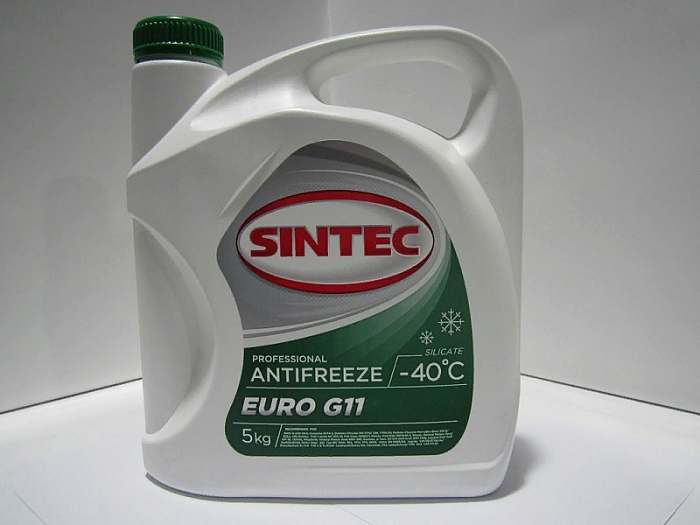Antifreeze, as you know, is generally called the cooling liquid, often missing the attention that, in addition to its main properties, non -freezing has a number of different qualitative features, thanks to which this material is divided into several types. So, for example, antifreeze can be glycol, alcohol, glycerin and even for heating systems. In addition, the composition of anti -corrosion additives can also vary.
Salt antifreeze are created on the basis of table salt and hydrochloric acid. Even the student knows that the water, which contains a large concentration of salts, is not exposed to freezing. This principle is used by manufacturers. For example, the salt fluid, which is ¼ consists of salts, will be active and does not freeze at a temperature of up to -20 ° C. The greater the concentration of alkali, the lower the temperatures withstand the refrigerant. The most significant disadvantage of this antifreeze is its high corrosion, which only noble metals can resist. And it is unreasonably expensive.
Glycerin refrigerants are currently not used. Their use period ended in the 1920s, and today they found use in heating systems where their viscosity is not a problem.
Very low freezing point in alcohol antifreeze. But mixing them with a cooling liquid leads to a loss of this quality, therefore, in its most part, this type is used for pneumotics, wipers, where they are very grief.
Unlike alcohol, glycol coolers lower the freezing point when mixed with aqueous solutions. This unique quality of monoethylene glycol allows you to achieve a record mark (up to -65 ° C). To eliminate corrosion properties, glycole antifreeze is enriched with almost a dozen additives, which increase the critical point of boiling of the liquid and, thus, protect systems.
The coolant, or otherwise – antifreeze for heating systems, is carried out on the basis of glycerol (less often – propylene glycol). Since this material is used in air exchange systems, ventilation and air conditioning, the important quality of the coolant is its safety for humans, therefore, ethylene glycol is not used as the starting raw materials for the production of antifreeze for heating systems.
